
The reform of the service pension system proposed by the State Chancellery, which was conceptually supported by the government, essentially resolves little if one remembers that the goal is to significantly reduce budget expenditures, said Edgar Volski, an expert on the pension system and Doctor of Economic Sciences, in an interview with LETA.
He also noted that this is an extremely politicized issue, as it provides an opportunity to gain points by stating: "Look, see how we fought for you."
Volski emphasized that instead of service pensions for professions associated with risks to life and health, there should be provisions for rehabilitation, longer vacations, medical insurance, and opportunities for retraining.
At the same time, he rejected the possibility of discussing an increase in the retirement age for service pensions.
"Let’s remember why service pensions were introduced. For cases when people who have not reached retirement age are no longer able to perform their duties due to physical or mental limitations. And now we will establish that this moment will come later than it does now? Why are we deceiving ourselves? The goal is for a person to be able to perform their work to the highest professional standards. When this becomes impossible for objective reasons, there should be provisions for retraining," Volski emphasized.
He indicated that the best solution would be to establish a specific year when Latvia abandons service pensions as such and transitions to a system where absolutely everyone working throughout their working life accumulates capital for an old-age pension. To maintain legal predictability, service pensions should, of course, be preserved for those who are already receiving them. However, it is important not to create new recipients of such pensions.
Instead of service pensions for professions where there are currently restrictions on performing duties until reaching retirement age, insurance should be provided.
"Payments on such insurance policies will be significantly cheaper than future obligations for service pension payments. Moreover, it should be taken into account that in professions associated with health and life risks, this risk can materialize at any moment. Then a person will be able to receive insurance compensation. It is also important that any insurance contributions are an investment tool that remains in the economy and does not create long-term obligations," the economist pointed out.
He admitted that politicians are unlikely to risk choosing such a solution. However, he noted that it is very important for people to continue working as long as possible — until they reach retirement age, even if in a different profession. Therefore, the state should ensure opportunities for retraining.
"Even at 40 years old and beyond, people can acquire new skills. So, cultural workers at 40 will stop working and just sit at home? Continuing to work, even in a different profession, to accumulate pension capital — this is a completely different approach. I am very critical of the claims that it is impossible to learn something new, impossible to continue working. This is primarily a matter of attitude," Volski pointed out.
He emphasized that the main thing is not whether a person remains in the same field or moves to another. The main thing is to continue working until reaching retirement age.
It was previously reported that the government conceptually supported the informational report from the State Chancellery on the reform of the service pension system, which provides that starting from 2027, all professions not associated with a regular threat to health and life may be excluded from the list of recipients of such pensions. At the same time, current workers in these professions will not be affected, but they will have to reckon with increased requirements for service length and possibly a revised amount of service pension. Further discussions in the Saeima are also planned based on the proposal from the State Chancellery, and the final decision will be made by parliament.
The State Chancellery proposes to exclude from the list of professions entitled to service pensions prosecutors and judges (providing for a special pension), diplomats, ballet dancers, puppet theater actors, circus performers, choir and orchestra artists, solo vocalists, dramatic theater actors, as well as all positions and professions where the performance of duties is not associated with regular risks to life and health, including auxiliary function workers. This proposal will only apply to those who start working in the specified professions after the end of 2026.
At the same time, the proposal from the State Chancellery provides that for workers in service professions who, as of January 1, 2027, are already in service or in employment relationships (excluding those who by that date have already acquired the right to a service pension), the minimum age and length of service required to receive such a pension will gradually increase. Both age and length of service are planned to be increased by six months per year — for a total increase of five years, and for prosecutors — by ten years. This gradual increase will not apply to those who already have 15 years of service in a service profession as of January 1, 2027.
The Ministry of the Interior opposed the increase in the minimum retirement age in this form, proposing to establish that any new regulation — both in terms of age and pension calculation — does not apply to those officials with special ranks who are in service as of January 1, 2027, but have not yet acquired the right to a service pension and have at least 10 years of service.


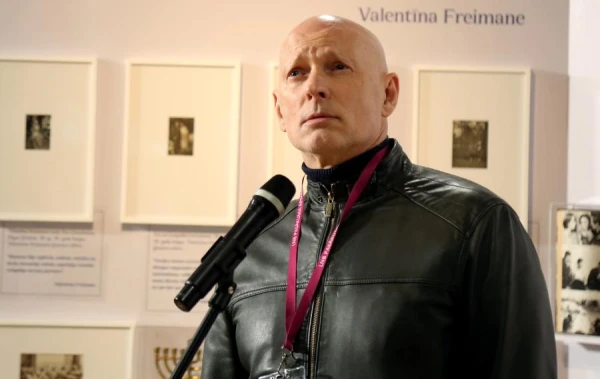

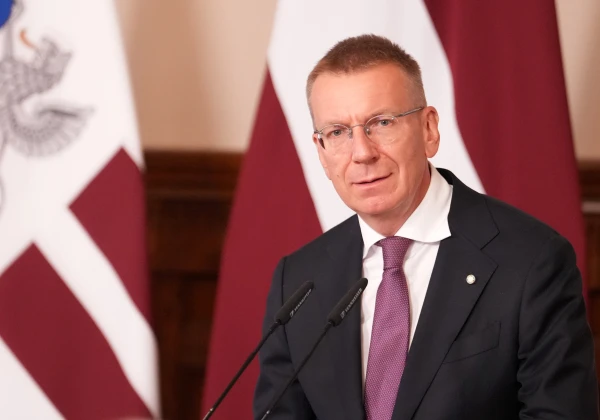

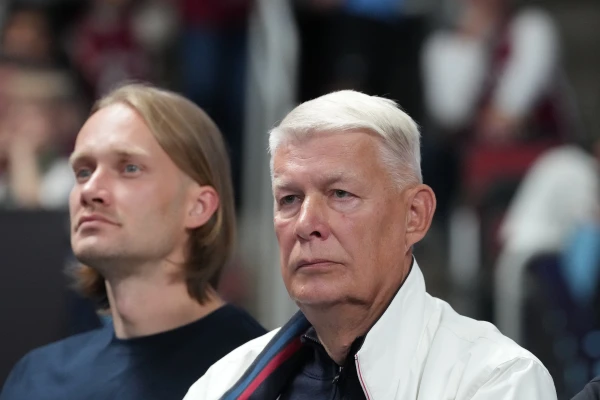


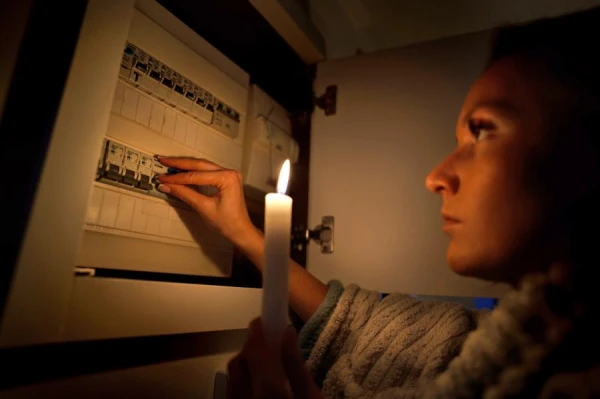

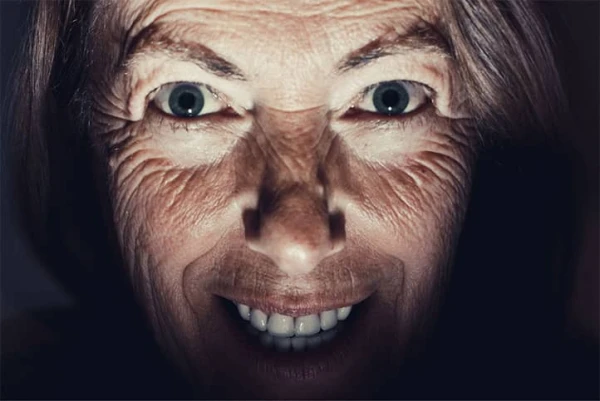

Leave a comment